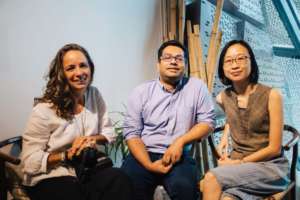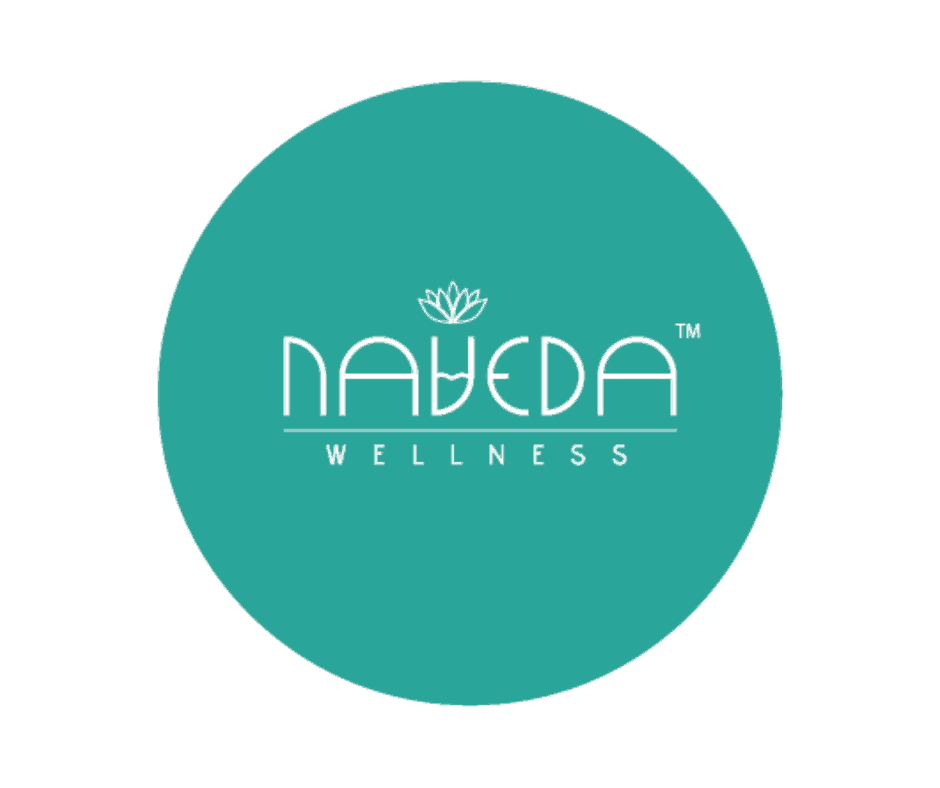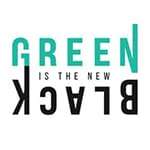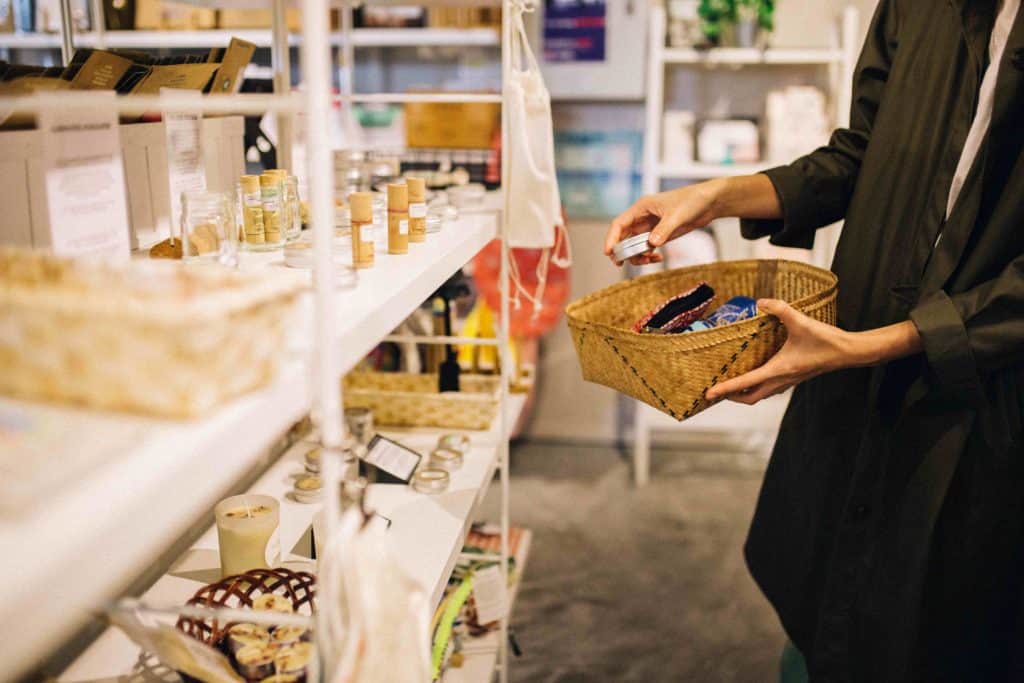As conscious shoppers, we’re lucky to have an ever-growing number of physical and online marketplaces offering innovative products from sustainable brands. The Green Collective is one such marketplace – with a twist. The Singapore-based company offers its partner brands the opportunity to collaborate, share the load, and generally feel all of the community vibes.
A responsible kampung – that’s what The Green Collective set out to create with their platform; a conscious village where their sustainable partner brands (Green Kakis, as they call them) are given a space in which they can sell their products, work with each other, share services, and pursue their eco-friendly goals.
When it comes to sustainability, The Green Collective has strong foundations – most notably the 17 United Nations Sustainable Development Goals. The company assesses and curates each brand by this standard before inviting them into the fold. This is to ensure that each member is aligned with the company’s promise of sustainability and its greater goal of creating a positive community.
We’re popping up together!
They recently launched an e-commerce platform to complement their physical store. The latter, located in Funan Mall, is host to our own Green Is The New Black mini pop-up, which features three of our favourite brands, Elysian 5, BHUMAN™, and Kmana.
Elysian 5 is a skincare brand that creates non-toxic, cruelty-free, sustainable cosmetics using coffee grounds.
BHUMAN™ offers plant-based, powder cleansers (inspired by ancient Asian wellness remedies) that offer an alternative to traditional skincare products, many of which consist of around 80 percent water.
Kmana is an ethical family-run company producing bags and accessories handcrafted in Bali using vegetable-tanned leather. These are just some of the many planet-friendly goodies stocked in The Green Collective’s sustainable bazaar.


We chatted with the company’s three founders, Mayur Singh, Agatha Lee, and Danielle Champagne to find out more about their vision, how COVID-19 has affected business and their take on the future.
Can you tell us about your unique business model?
The Green Collective’s retail model, inspired by the concept of a rural cooperative, is a way of democratising retail for sustainability-focused entrepreneurs. The collective model ensures that every partner brand is deeply involved and able to benefit from services provided by the collective, from market research to logistics. Our unique model ensures that collaboration is a key value, and the burden of running the collective is shared with our partner brands, or Green Kakis as we call them. This system helps small, conscious entrepreneurs achieve scale while staying true to their missions.
2020 has been tough, yet you managed to launch your e-commerce site. How have you dealt with this past year?
This year has been tricky. COVID-19 completely changed our business plans and we had to pivot different strategies to survive. When the lockdown in Singapore was introduced in early April, we were discussing e-commerce and trying to figure out what would maximise our impact to the Green Kakis while ensuring a low footprint. We’d also been focusing on food waste and had introduced our urban composter to our audience. As demand increased, we eventually launched the e-commerce site. The journey has been overwhelming but really rewarding given the support we’ve had from the Green Kakis as well as our ever-growing community of customers in Singapore.
What do you think the future of retail will entail?
We see a large number of retailers moving towards sustainable products and practices. It’s great to see the change, especially as it’s primarily driven by changing customer demands and preferences. In Singapore, we’ve seen that the customer today is more aware, conscious, and mindful of the choices they make. We foresee more behavioural techniques being used to close the action-intention gap and to build communities in order to ensure better customer retention, engagement, and service.
What’s the biggest lesson you’ve learnt throughout this process?
Resilience, perseverance, and staying true to your vision. These three values helped us navigate the pandemic and are still helping us now. Our Green Kakis are at the core of our collective, so while our costs of operations have increased, we’ve worked hard to find other ways of staying financially sustainable instead of passing the costs to our brands.
Any advice for other small businesses or social enterprises out there?
Stay focused and ensure that your business’ financial sustainability gets as much attention as your business’ purpose. If you are financially sustainable, you can create an impact on a large scale and really make a change.
If you are in Singapore, check out The Green Collective and our GITNB pop-up at Funan mall. Or their newly launched online marketplace.


